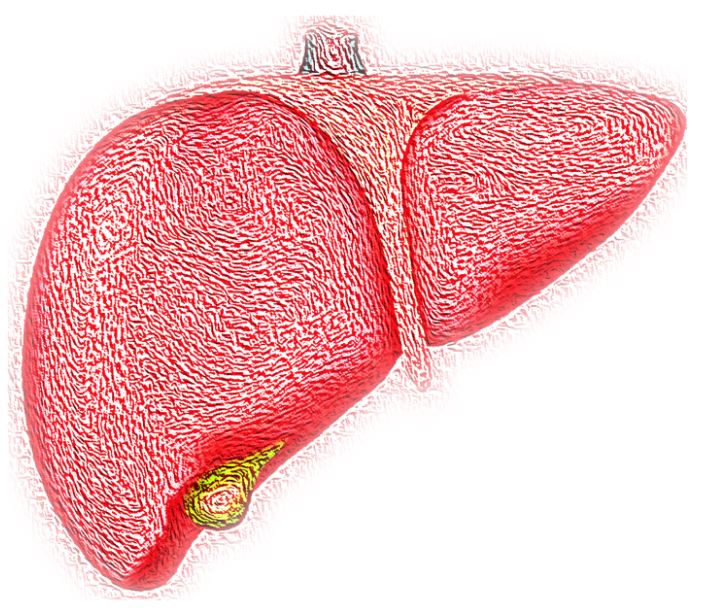Myfather died of alcoholic liver cirrhosis four years ago. It came as a surprise to all of us, even though it was clear he had a severe drinking problem for decades. It was especially surprising to me, as a former nurse and a recovering alcoholic. You would think I’d know more about liver problems and alcohol use than the average person. But the truth is, in the months before his death, I had no idea my father’s liver was struggling at all. Most people know about cirrhosis, but few people know how a liver goes from early damage to end-stage liver cirrhosis.
The combination of my father’s death and my personal background lit a fire in me to know more. He was admitted to the hospital on June 24, 2016, and he died on July 18. Only 24 days passed between the first sign there was a problem and his subsequent death.
Now, hearing that he was in end-stage cirrhosis didn’t surprise me, given his heavy drinking. What did surprise me was that he’d visited several doctors and specialists in the months before his death, and no one knew his liver was struggling either.
So what happened? Does end-stage liver cirrhosis really sneak up that fast? Were there other signs that would have alerted someone to his failing liver?
As for why the doctors and specialists didn’t know what was happening, that mystery resolved reasonably quickly. The plain truth is that alcoholics rarely divulge the amount and frequency of their drinking to their doctors. This was the case for my dad. He had many health issues that he was trying to solve, but he protected his drinking habit fiercely. So he refused to spill the beans, even when it mattered.
What Alcohol Does to a Stressed-Out Brain
The relationship between alcohol and stress relief is a lot more complicated than conventional wisdom holds
elemental.medium.com
The problem is that liver damage has numerous multifaceted symptoms that are confusing and associated with many other illnesses. Unless a doctor knows that the patient is an alcoholic, they may not know how to interpret what’s happening until it’s too late.
As he was dying, my father told me that he didn’t think to tell the doctors how much he was drinking. He said it was as if he blanked out and “forgot” to mention it. As crazy as that sounds, this strange “forgetting” is a common part of the alcoholic mindset. It may also be due to the metabolic and physical changes of cirrhosis itself.
There are many signs of liver problems, but oddly, none seem to point to the liver at first. And in fact, many of the first signs of liver damage occur in other parts of the body. Knowing these signs may help educate alcoholics and their families if they want to understand their risk of developing liver cirrhosis.
Liver damage has numerous multifaceted symptoms that are confusing and associated with many other illnesses. Unless a doctor knows that the patient is an alcoholic, they may not know how to interpret what’s happening until it’s too late.
